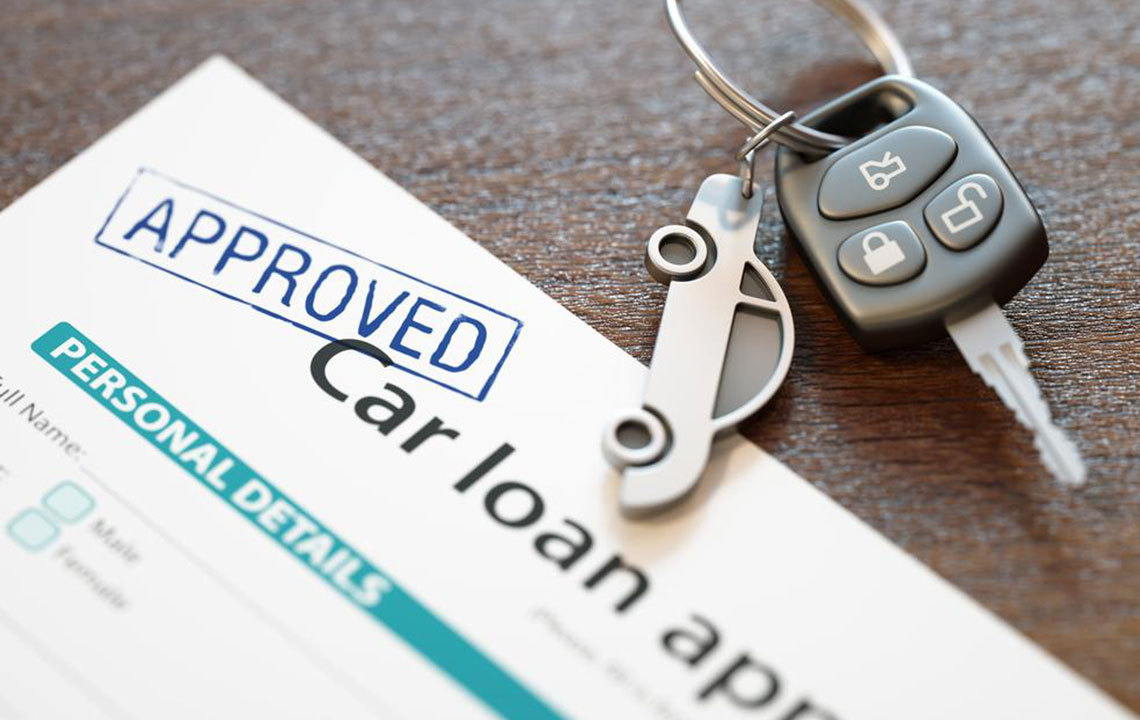Comprehensive Guide to Deciding Whether to Take an Auto Loan
Considering an auto loan can be a smart way to purchase a vehicle, but it requires careful planning. This comprehensive guide explores key factors such as interest rates, loan terms, down payments, and credit scores to help you make informed decisions. Learn how to evaluate the true costs of financing, improve your approval chances, and find the best loan terms to suit your financial situation. Whether you're a first-time buyer or looking to refinance, understanding these elements can ensure you choose an auto loan that aligns with your budget and long-term goals.

Should You Consider Taking an Auto Loan for Your Next Vehicle Purchase?
Owning a car can significantly enhance your daily life, offering unparalleled convenience, independence, and freedom to travel on your own terms. Whether it's commuting to work, running errands, or taking weekend trips, having a vehicle provides flexibility that public transportation or other alternatives might not match.
In today's automotive market, many consumers opt to finance their vehicle purchases through auto loans, especially when they don't have the full purchase amount saved up. Auto loans open the door to vehicle ownership for a broader spectrum of buyers, making it possible to drive a newer, more reliable car sooner rather than later.
This comprehensive guide explores the essential factors to consider when deciding if taking an auto loan aligns with your financial situation and goals, helping you make informed decisions for a secure and affordable vehicle ownership experience.
Many prospective buyers focus primarily on the immediate cash requirement or the vehicle's sticker price when planning a purchase. However, understanding the full cost of financing—such as interest rates, taxes, registration fees, and other associated costs—is crucial for accurate budgeting.
Taking an auto loan involves more than just covering the vehicle's price—it's about assessing affordability and ensuring your budget can handle recurring monthly payments comfortably without financial strain.
One of the key considerations is the loan repayment term. A longer-term loan might lower your monthly payments, making the purchase more manageable on a monthly basis. However, it often results in higher total interest paid over the life of the loan. Striking a balance between manageable payments and minimizing interest costs is essential.
Making a sizable down payment can reduce the amount you need to finance, which can lower your interest expenses and shorten the loan duration. Saving up for this larger down payment can be a wise financial move before committing to a loan.
Your credit score plays a pivotal role in securing favorable loan terms. A higher credit score usually translates to lower interest rates and easier approval. Conversely, if your credit score is subpar, you might face higher interest rates or difficulty obtaining a loan.
If your credit isn't ideal, consider opportunities to improve your score before applying for a loan. Additionally, having a co-signer with a strong credit profile can enhance your chances of approval and help you get better terms.
Comparison shopping is another vital step. Different lenders offer varying interest rates, repayment options, and fees. By researching and comparing multiple auto loan offers, you can select the most advantageous terms suited to your financial situation.
In summary, deciding whether to take an auto loan requires careful consideration of your financial stability, credit standing, and future plans. With thorough planning and research, you can choose a financing option that supports your vehicle ownership goals while maintaining your financial health.





